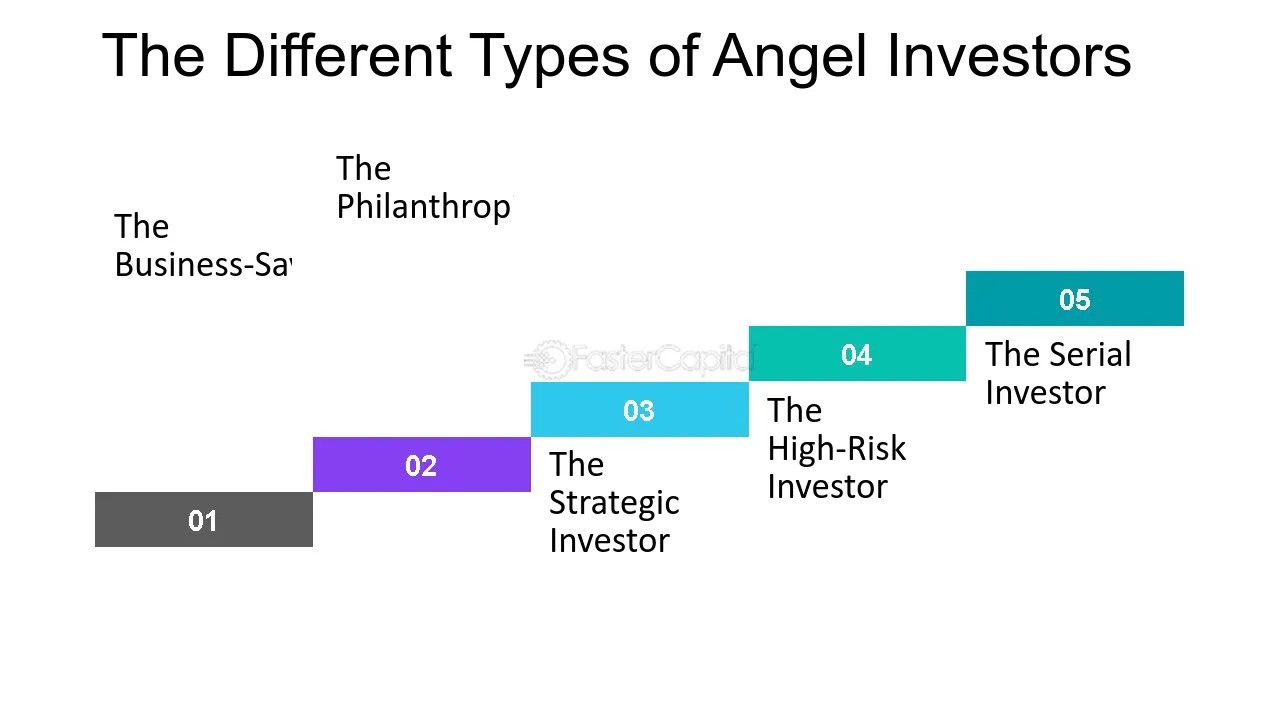In the realm of startup funding, the role of angel investors is paramount. They can significantly impact the trajectory of a young company, providing the necessary capital and guidance to propel it towards success. However, the world of angel investing is diverse and multifaceted, encompassing a range of personalities and investment styles. As an aspiring entrepreneur seeking to secure funding for your venture, it is essential to comprehend the various types of angel investors and their distinctive characteristics. In this comprehensive guide, we will delve into the intricacies of five types of angel investors, exploring their unique attributes, advantages, and potential drawbacks. By understanding the nuances of these investor archetypes, you can effectively navigate the intricate landscape of startup funding and make informed decisions to secure the best possible support for your entrepreneurial journey.
Super Angels: The Professionals With Extensive Networks
Super angels, as the name suggests, represent a category of angel investors with a high degree of professionalism and expertise. They typically manage a substantial portfolio of investments, ranging from a dozen to even hundreds of ventures. These seasoned professionals bring valuable experience and knowledge to the table, making their investment a prestigious endorsement for any startup. Notably, their extensive networks within the venture capital community can open doors to potential opportunities and facilitate future funding rounds. However, it is crucial to consider that their busy schedules might limit the time they can dedicate to individual startups, potentially affecting the depth of their involvement and guidance.
Friends and Family: The Trusted Supporters Amidst Risks
Friends and family often play a pivotal role in the initial stages of startup funding. These individuals are driven by a deep sense of trust and personal connection, investing in the entrepreneur rather than solely the business idea. While their financial support can be crucial for early-stage funding, it is imperative to approach these investments with caution. The inherent risks associated with startup ventures mean that any investment should be within their financial means. However, it’s important to note that their limited professional expertise might hinder their ability to provide substantial business guidance, potentially leading to interference or misplaced advice.
Fellow Founder Angels: Experienced Mentors Turned Investors
Fellow founder angels constitute a group of successful entrepreneurs who have transitioned into angel investing. Their firsthand experience in building and scaling businesses can offer invaluable insights and mentorship for burgeoning startups. Leveraging their expertise, these individuals can guide entrepreneurs through various challenges and pitfalls, providing practical strategies for growth and success. Yet, it’s worth considering that not all fellow founder angels prioritize active involvement in the investment process, potentially leading to discrepancies in expectations and involvement levels.
Specialty Angels: Industry Experts With Niche Insights
Specialty angels bring a wealth of industry-specific knowledge and connections to the startup ecosystem. With a profound understanding of a particular sector, these investors can offer valuable shortcuts and strategic guidance to startups operating within their domain. However, their deep-rooted industry perspectives might occasionally clash with disruptive ideas, potentially impeding the implementation of innovative strategies and solutions. Thus, balancing their industry insights with the need for innovation becomes crucial when collaborating with specialty angels.
Wealthy and Bored Investors: Seeking Thrills Through Startups
The category of wealthy and bored investors encompasses individuals who, despite having considerable financial resources, seek excitement and involvement in dynamic startup ventures. While their substantial financial backing can provide significant support for a young company, their desire for engagement and excitement might translate into higher maintenance requirements. Managing their expectations and balancing their involvement becomes pivotal in maintaining a healthy and productive relationship.
In conclusion, navigating the complex landscape of angel investing requires a nuanced understanding of the diverse investor archetypes and their respective implications. By recognizing the unique traits, benefits, and potential challenges associated with each type of angel investor, you can strategically approach your funding endeavors, aligning your startup with the most suitable and supportive investment partners. Remember, securing funding is not merely about the capital; it is also about finding the right mentors and supporters who can guide your business towards sustainable growth and success.

